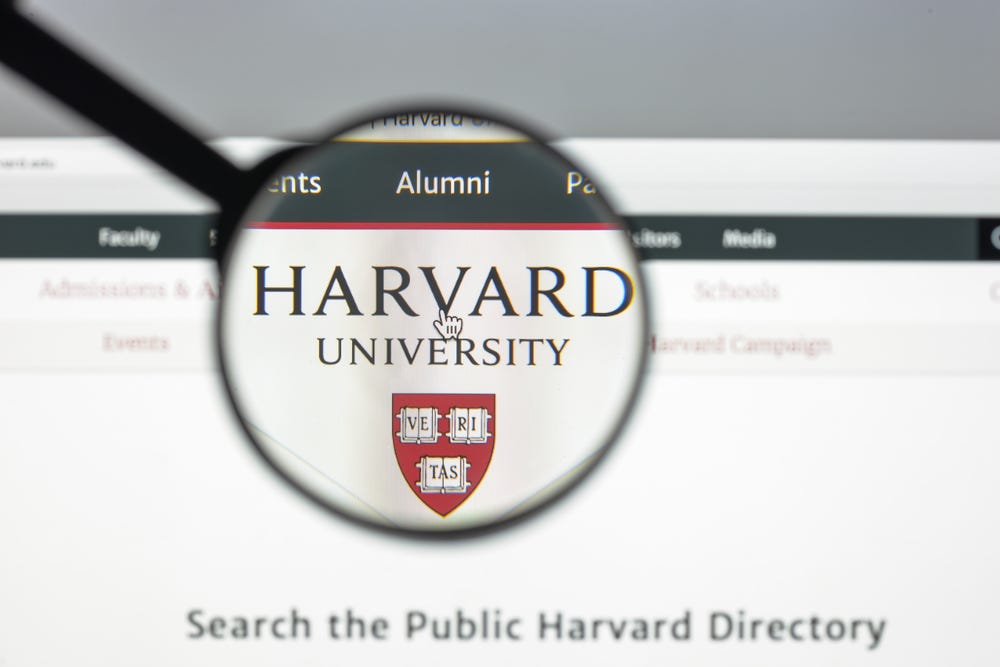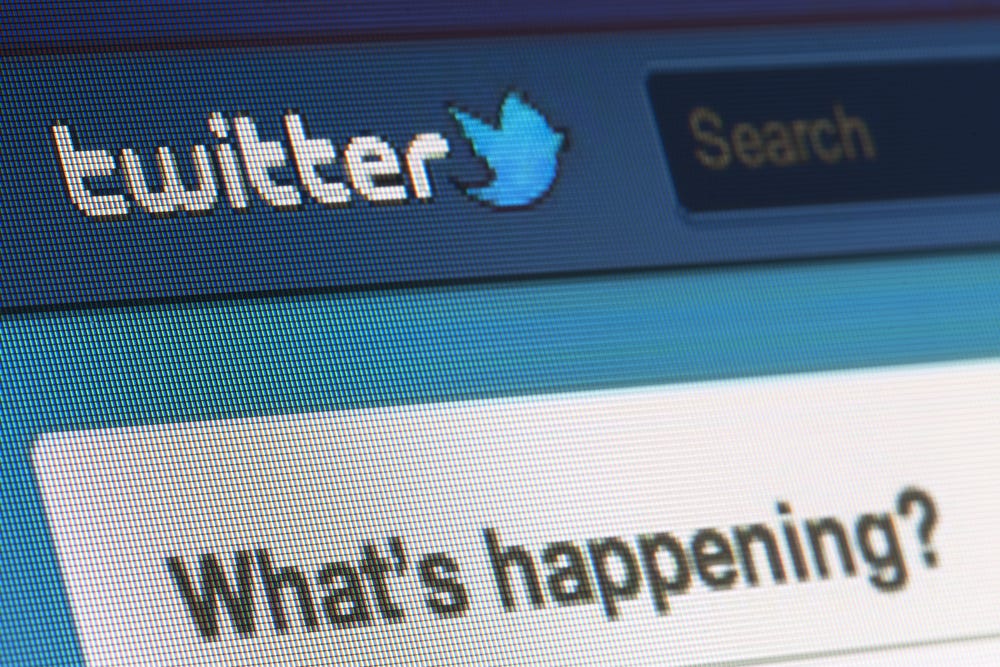E-Pluribus | April 19, 2022
Can and should educators be politically neutral, why does Harvard University have it in for one of its professors, and who's afraid of Elon Musk?
A round up of the latest and best writing and musings on the rise of illiberalism in the public discourse:
John P. N. Austin: Educators Should Practice Principled Neutrality
Debates are currently raging across the country about what educators should and shouldn’t talk about with their students. For his part, Dr. John P. N. Austin, head of Deerfield Academy in Deerfield, Massachusetts, and writing at Persuasion, believes the students at his school are best served if the adults maintain neutrality on the issues (especially political) of the day while facilitating conversation and exchange of ideas based on fundamental values including civility, respect and intellectual inquiry.
In the end, it's not my voice that really matters, it's theirs. In fact, my voice—and the platform I can claim as a head of school—can inhibit and constrain student agency. My view is that school leaders should speak with modesty and restraint on matters of public concern and assume a position of principled neutrality, recognizing that the public stands we take as educational leaders can inadvertently chill expression and narrow the range of conversation on campus.
This kind of political neutrality does not mean educational leaders must remain neutral when it comes to values. In fact, when I speak as head of school, I do so in a way that affirms our school’s most important principles: civility, a commitment to disciplined inquiry, human dignity, kindness, and respect. But I believe schools can uphold values that support a kind, curious, and inclusive community free from attitudinal racism, harassment, and discrimination, without endorsing a particular political program or philosophy.
[. . .]
Such neutrality, however, does not mean that teachers need to avoid controversy or debate. To the contrary, just as we strive for pedagogical neutrality, so too should we embrace controversy in the classroom, and practice what I would call “argument-inclusiveness.” This means avoiding, as much as possible, simplistic and singular curricular narratives. Rather, teachers should approach teaching and learning as a great conversation—a conversation that both stages and supports student debate and contestation.
[ . . . ]
And finally, our students should be intellectually adventurous and bold. We should remain appropriately skeptical of well-intentioned but illiberal practices that inhibit the asking of questions, discourage intellectual mistake-making, and chill inquiry. We should discourage the framing of the classroom as a therapeutic space or, as the president of Northwestern University recently warned, as a venue for “identifying and exposing intellectual heretics;” the over-privileging of emotion and personal experience at the expense of the common languages of analysis, reason, and argument; and administrative overreach in the policing of everyday mistakes in speech.
Read it all here.
Rob Montz: Why Did Harvard University Go After One of Its Best Black Professors?
Despite a #MeToo story about one of its professors that collapsed, Harvard University has largely relegated that professor, Roland Fryer, to second class faculty status. Filmmaker Rob Montz has produced a documentary (which he has written about for Quillette) exploring the issue and whether Fryer’s research and ideas that regularly challenged or contradicted progressive narratives is the reason his Harvard star has fallen.
[Roland Fryer’s] challenge to politically correct dogmas seems to have earned Fryer some powerful enemies at Harvard. He had no interest in going along with the received wisdom promoted by dominant members of the school’s black academic establishment. “I know that Roland was very dissatisfied with what he thought was the relatively modest intellectual acuity of some of his black colleagues,” says Professor Loury.
Four years ago, Fryer’s critics got an opportunity to undermine him when a former administrative assistant accused him of sexual harassment. That complaint initiated a Title IX proceeding, an opaque process that even non-conservatives acknowledged as being vulnerable to abuse. The standards of proof under Title IX are lower than in a proper trial. And defendants often aren’t allowed to confront their accuser or appeal the verdict.
Fryer isn’t flawless. The final Title IX report, which I have seen, paints a picture of a man who could be insensitive in the face of workplace power asymmetries, and who crossed boundaries with subordinates. He made some arguably inappropriate jokes in the office, like saying that an elderly university administrator “hadn’t been laid since black people were slaves.” Fryer also quipped that he’d learned his negotiating skills while “trying to get laid in high school”—standard locker-room talk from his days as a teenage football and basketball star.
[ . . . ]
Harvard’s own investigators ultimately found that Prof. Fryer had never sexually propositioned or touched anyone, and their original recommendation for punishment was “training” on setting boundaries. That finding was transformed into an effort to derail his entire career: A small group of Harvard administrators overruled Harvard’s own Title IX office, suspended Professor Fryer without pay for two years, banned him from campus, and shut down his multi-million dollar education laboratory. He was a tenured professor, and they couldn’t get rid of him completely. But they could do their best to excommunicate him.
Read the whole thing.
Matt Welch: Gatekeepers Very Afraid That Elon Musk Will Remove the Gates From Twitter
Everyone seems to love to hate Twitter, but Matt Welch of Reason says that many in the media seem to believe Elon Musk’s ownership of the social media site would plunge it somewhere well below Dante’s Seventh Circle of Hell. Welch believes these objections stem from the fear that the traditional media will lose even more control of the flow of information to the public than it already has.
At the core of these objections is the notion (misguided, in my view) that social media platforms, once they achieve a certain ubiquity, should be treated less like private companies, and more like utilities—subject to robust government regulation in the name of both the greater good and the protection of historically disadvantaged minorities.
"Musk's appointment to Twitter's board shows that we need regulation of social-media platforms to prevent rich people from controlling our channels of communication," Pao wrote. "For starters, we need consistent definitions of harassment and of content that violates personal privacy….If platforms continue to push for growth at all costs — without such regulations — people will continue to be harmed. The people harmed will disproportionately be those who have been harmed for centuries — women and members of marginalized racial and ethnic groups. The people who benefit from unrestricted amplification of their views will also be the same people who have benefited from that privilege for centuries."
The notion that unfettered speech hurts minorities hardest, therefore justifying protections against hate speech, is belied both by the history of the gay civil rights movement in America (as spelled out in Reason by Jonathan Rauch), and also by the experience in 1930s Germany, as Jacob Mchangama, author of the recent Free Speech: A History From Socrates to Social Media, explained in February to Nick Gillespie.
Read it all.
Around Twitter
Suzy Weiss’s latest article for Bari Weiss’s Common Sense Substack is the story of girls who regret their “gender-affirming” medical care:
In the context of a “political journey” tweet from Colin Wright last fall, Peter Boghossian muses on the ideological shift on free speech in the past decade:
And finally, Oliver Traldi, Heterodox Academy fellow, with a helpful explainer on how we justify our own online behavior:










